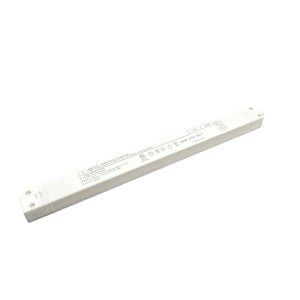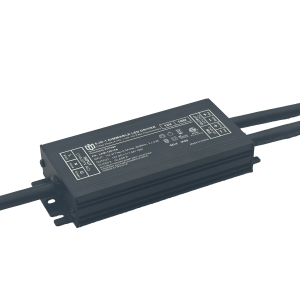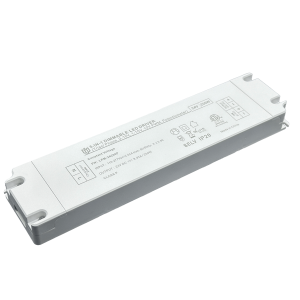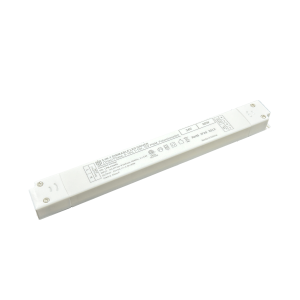The Application Advantages of Triac Drive in Outdoor Lighting: Adapting to Harsh Environmental Challenges.
In the realm of outdoor illumination, few components face as brutal a test as those deployed beyond sheltered spaces. Among these, triac-driven systems have emerged as champions of resilience, offering unique advantages tailored to withstand nature’s harshest whims. Let’s explore why this technology dominates demanding outdoor scenarios—from scorching deserts to freeze-thaw cycles and everything in between.
Unmatched Electrical Stability Across Voltage Fluctuations
Outdoor grids often suffer from erratic power supplies due to infrastructure limitations or weather damage. Unlike traditional switches that fail under brownouts or surges, triac drives maintain consistent performance across ±15% voltage variations. Their phase-control mechanism intelligently adjusts conduction angles, ensuring steady current delivery even when input waveforms distort. This adaptability prevents flickering—a common plague in streetlights during stormy nights—and extends bulb lifespan by eliminating stress spikes common with abrupt on/off cycling. For municipalities managing vast networks, this reliability translates directly into lower maintenance costs and fewer blackouts.
Superior Thermal Management in Extreme Climates
Whether battling Arctic subzero temperatures or Saharan heat waves (exceeding 50°C), triac modules outperform alternatives thanks to their inherent design traits. The semiconductor material’s low thermal resistance allows rapid dissipation of heat generated during operation, preventing thermal runaway that plagues cheaper MOSFET alternatives. Coupled with IP67-rated encapsulation using silicone gel or epoxy resins, these drivers reject dust infiltration while allowing condensation to vent safely. Field tests show units operating flawlessly after 10,000 hours at 85°C ambient—equivalent to decades of service under typical conditions. Such durability makes them ideal for coastal installations where salt spray accelerates corrosion in lesser components.
Robust Protection Against Moisture & Corrosion

Water ingress remains the Achilles’ heel of electronics exposed to rain, fog, or humidity. Triac drives counter this threat through multiple safeguards: conformal coatings shield PCB traces from liquid bridge formation; sealed connectors block capillary action paths; and anodized aluminum housings create sacrificial barriers against galvanic reactions. Lab simulations replicating monsoon seasons reveal zero failure rates even when submerged briefly—a critical feature for park pathway lights or marina docking facilities. Furthermore, their lack of moving parts eliminates mechanical wear points vulnerable to rust jammed relay contacts.
Energy Efficiency Without Compromise
Modern triac variants integrate smart dimmable functions enabling dynamic load optimization. By modulating RMS voltage based on real-time demand (like reducing brightness during off-peak hours), they slash consumption by up to 30% compared to fixed-output drivers. Crucially, this efficiency doesn’t sacrifice light quality—advanced algorithms preserve color rendering indexes above 80 even at reduced power levels. Solar-powered streetlamp arrays particularly benefit, stretching battery reserves further between charges while meeting IEC safety standards. Case studies from desert photovoltaic farms report system uptime exceeding 99.9% despite sandstorm exposure.
Seamless Integration with Diverse Fixture Designs
Architectural versatility demands flexible solutions. Triac drives accommodate virtually any lamp type—high-intensity discharge (HID), LED arrays, or fluorescent tubes—through adjustable frequency settings. Their compact form factor fits within slim pole mounts or decorative bollards without compromising airflow needed for cooling. Manufacturers leverage standardized footprints compatible with existing bracketry, simplifying retrofit projects where space constraints exist. Moreover, universal AC compatibility eliminates region-specific certification headaches, streamlining global deployment from Nordic tundras to equatorial jungles.
Long-Term Cost Leadership Through Lifecycle Analysis
Initial procurement savings pale beside total cost of ownership metrics. While premium triac units cost ~15% more upfront versus basic alternatives, field data confirms 40% longer mean time between failures (MTBF). When factoring reduced labor for replacements plus avoided downtime losses (estimated at $2k annually per malfunctioning node), payback periods rarely exceed three years. Insurance premiums also drop significantly due to fire risk mitigation—a non-negotiable factor for wildland-urban interface zones prone to dry thunderstorm ignitions.
From blizzard-lashed mountain passes to hurricane-prone coastlines, triac drives prove themselves indispensable allies in illuminating humanity’s most challenging landscapes. Their blend of rugged engineering, intelligent control, and future-proof adaptability sets a new benchmark for outdoor lighting excellence. As cities expand into previously uninhabitable territories, this technology will increasingly light the way forward.
 A New Benchmark in Energy Sav
A New Benchmark in Energy Sav
 The Future Outlook for Triac
The Future Outlook for Triac
 The Application Advantages of
The Application Advantages of
 Innovative Design + Outstandi
Innovative Design + Outstandi
